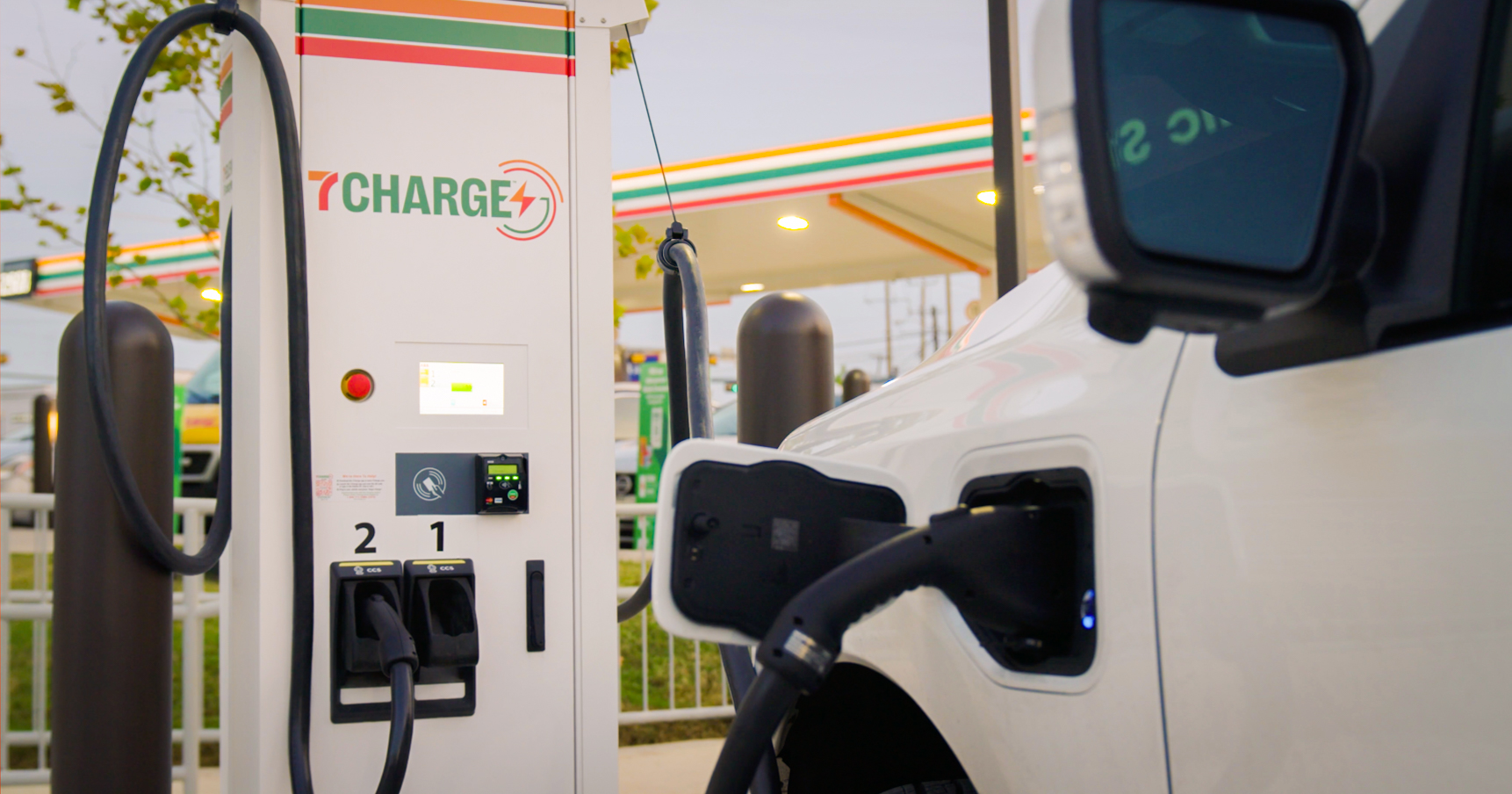As electric vehicles (EVs) grow in popularity, more drivers are learning to navigate the quirks of battery technology. One of the most noticeable challenges is that EV battery performance drops drastically in winter. This isn’t just an inconvenience—it highlights the complex relationship between temperature and battery performance.
Most EVs run off lithium-ion batteries, which rely on chemical reactions to store and release energy. These reactions are highly sensitive to temperature. In cold weather, the battery’s internal resistance increases, slowing down the movement of lithium ions between the anode and cathode. This reduces the battery’s capacity to hold and deliver energy efficiently.
Additionally, colder temperatures increase the viscosity of electrolytes—the liquid or gel that facilitates ion movement. This further hampers energy transfer, resulting in less available power. In practical terms, an EV’s range can drop by 20-30 percent in freezing conditions, making EV winter performance less than optimal.
Winter weather doesn’t just affect the battery itself—it also changes how we use our EVs. Heating the cabin, defrosting windows, and running heated seats and steering wheels all consume additional power.
Unlike internal combustion engine vehicles, which use excess heat from the engine for these functions, EVs rely directly on their battery to provide warmth, placing an extra strain on energy reserves. This leads to even more drops in EV battery performance.
However, EV manufacturers are aware of these challenges and have introduced technologies to help. For example, many EVs now feature preconditioning systems, which allow drivers to warm the battery and cabin while the car is still plugged into a charger. This not only preserves range but also ensures the car is comfortable from the start.
EV manufacturers are also working to create improved EV batteries with faster-charging technology, including an EV battery that can regain 185 miles in range with just five minutes of charging.
